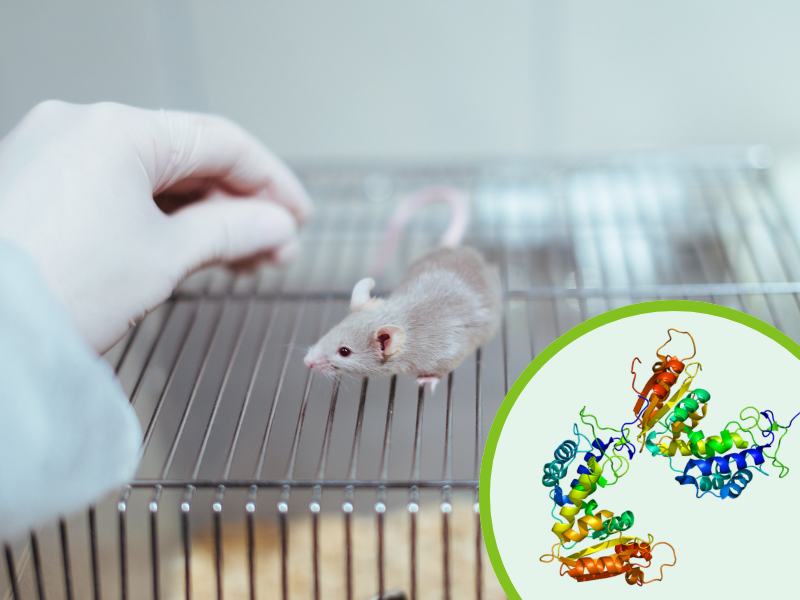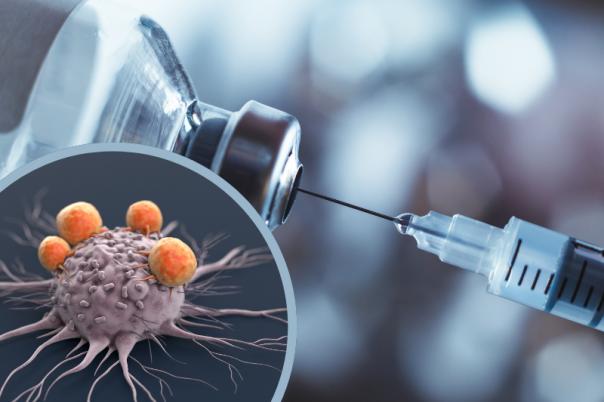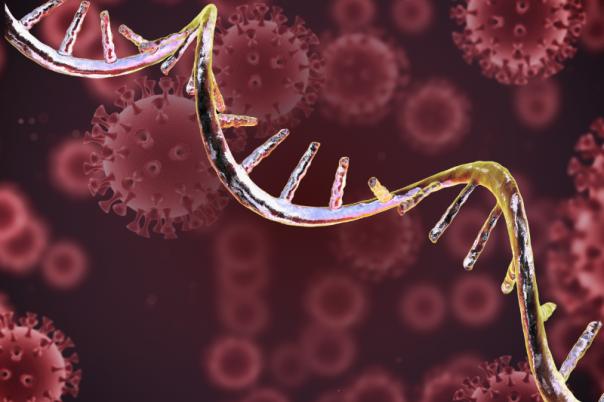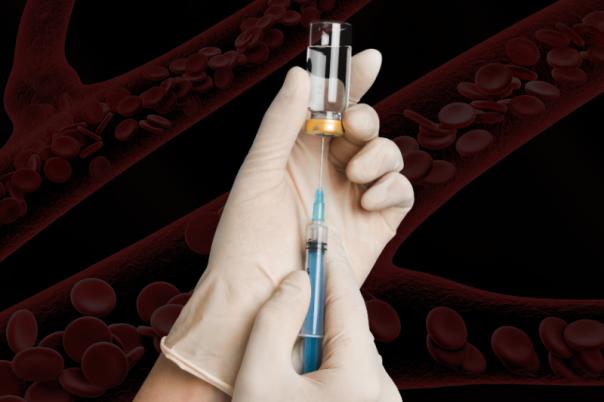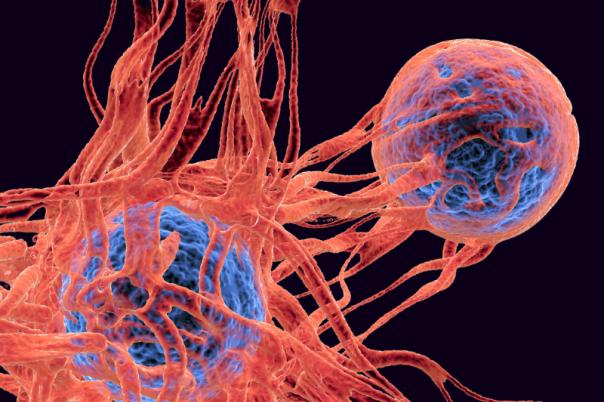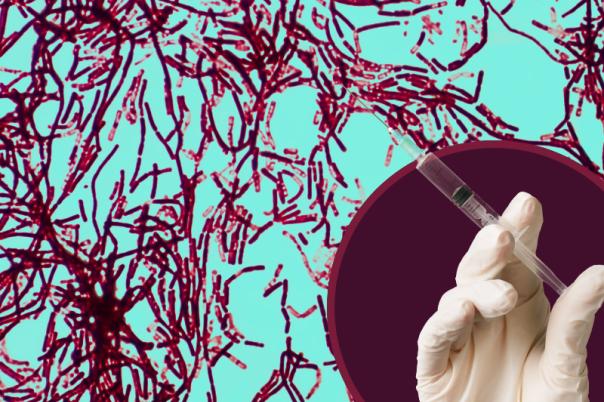A new paper from researchers at Tsinghua University, China has investigated the effects of a potential anti-aging vaccine in mice. The paper was published in the journal Aging Cell and studied the phenotypes of young and aged mice.
The peptide-based vaccine targets CD38, a cell surface protein whose expression is known to correlate with the signs of aging. One particular correlated marker is NAD+/NADH ratio which is an indicator of a cellular redox state, metabolic control, and cellular health.
The paper found that targeting CD38 via vaccination in mice was “a promising strategy for ameliorating aging-associated phenotypes.”
The vaccine demonstrated a robust T-cell immune response and selectively depleted CD38-positive myeloid cells in the spleen.
Notably, vaccinated mice exhibited improvements in both physical and cognitive functions typically diminished with age. Metabolic benefits were also observed, including better glucose tolerance, heightened oxygen consumption, and a reduction in both the number of senescent cells and the expression of senescence-related genes in liver tissue.
In addition, the vaccine led to an increased NAD+/NADH ratio in the liver. Researchers noted enhanced oxidative metabolism and decreased glycolysis, further underscoring the vaccine’s potential to combat age-related decline.
The paper was supported by funding from the National Key Research and Development Program of China, two grants from the National Natural Science Foundation of China, and the Beijing Natural Science Foundation.
